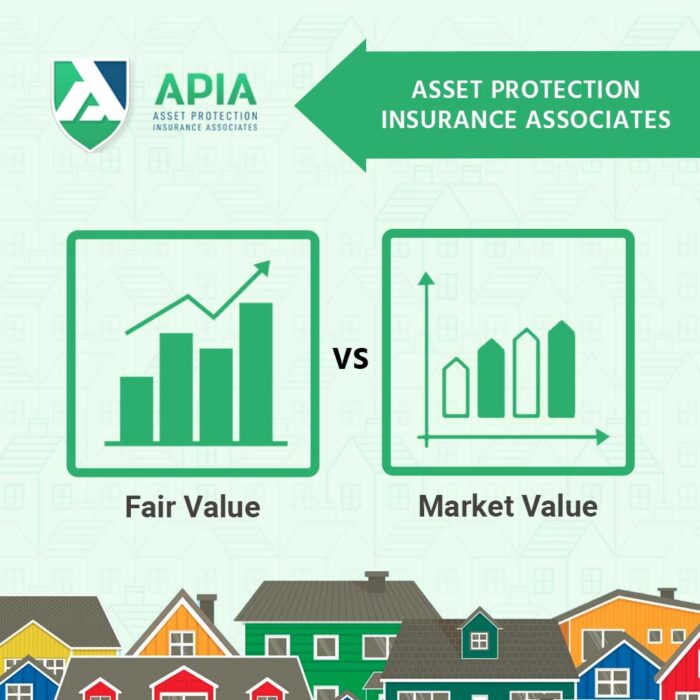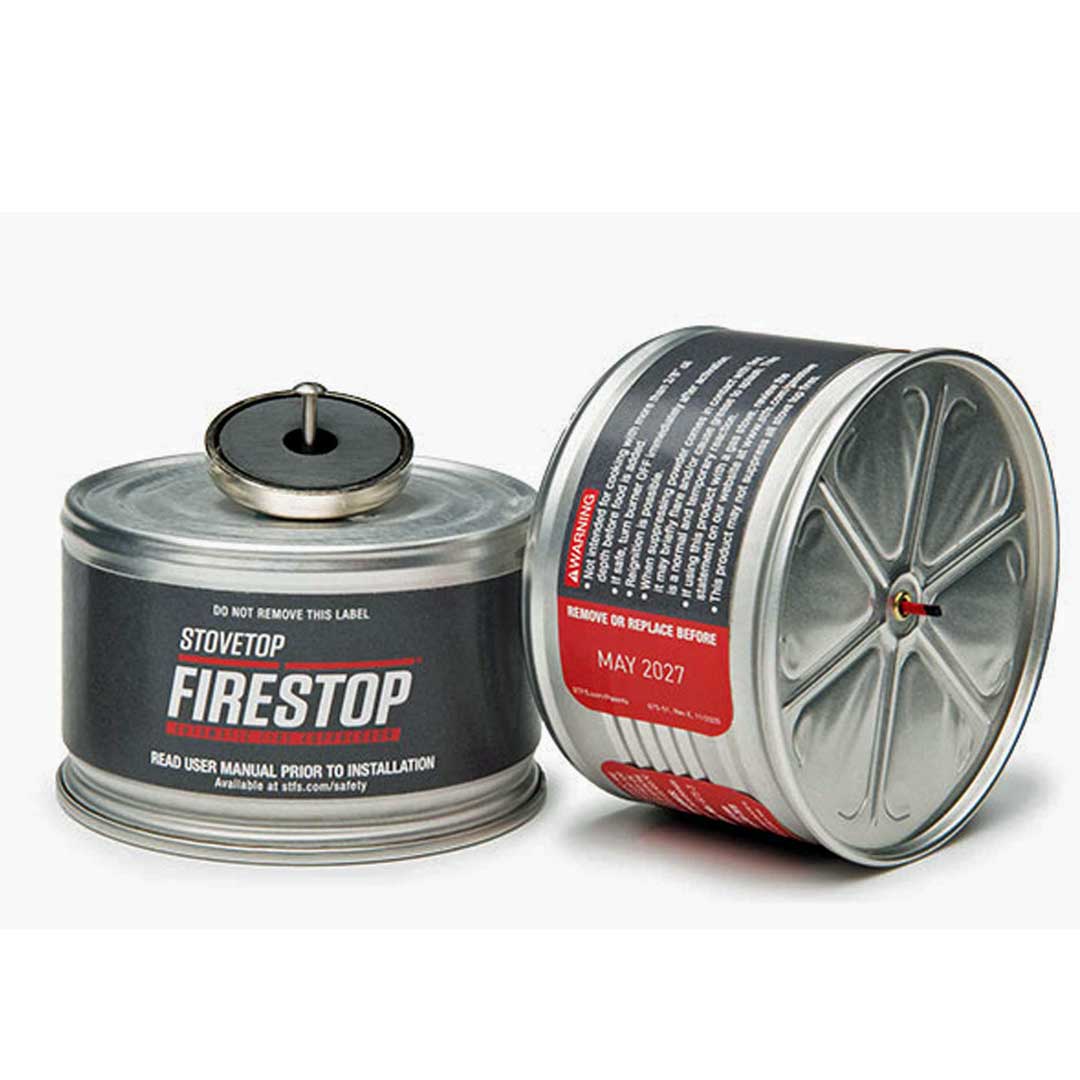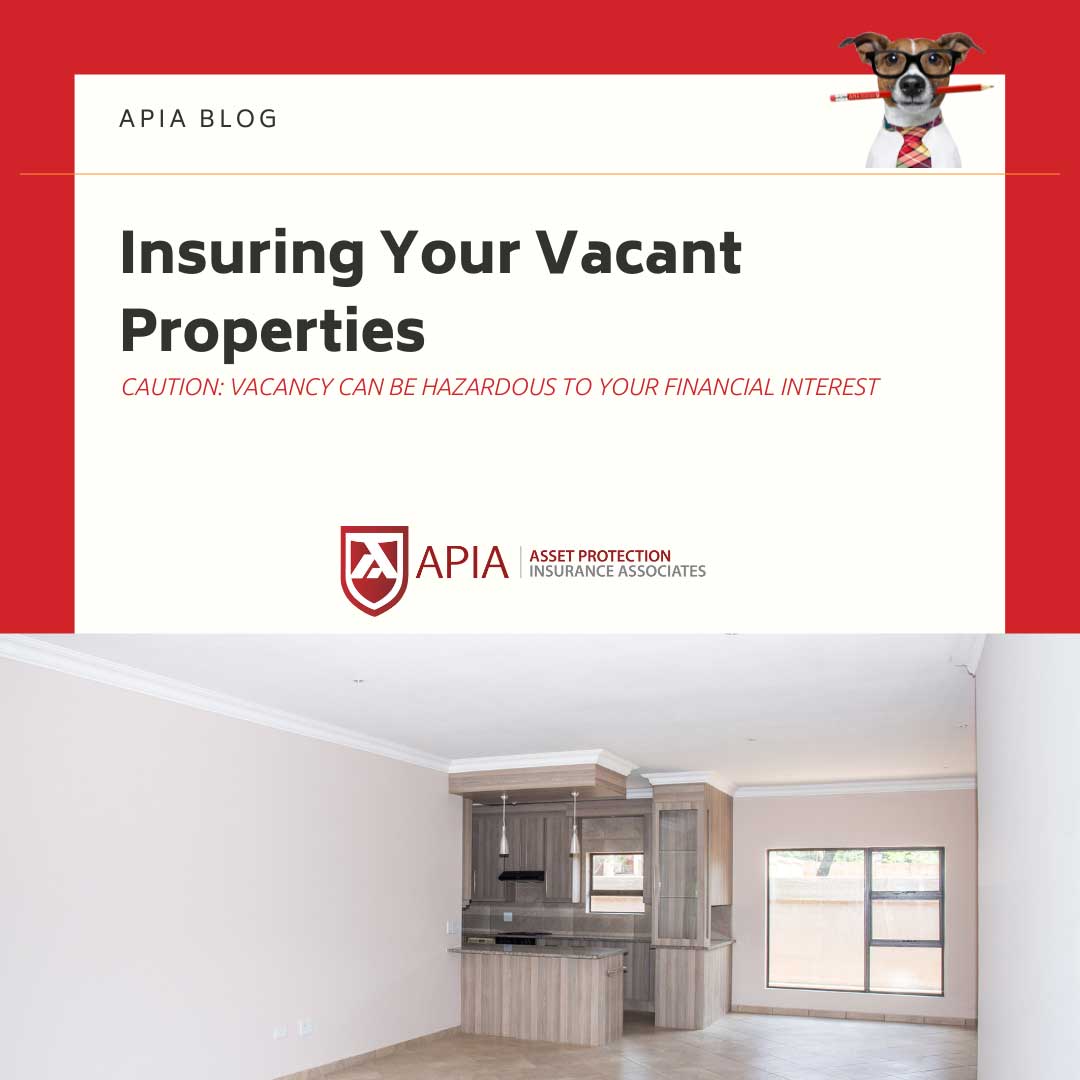
Consider the Reality
Unoccupied home insurance is designed for the reality of property ownership and vacant home insurance providers are well aware of this reality. When a property is not used as a primary residence, it will not always be occupied. Even when a local economy is booming, properties can, and likely will, sit vacant for weeks or months at a time. Because of the vacancy clause that is included in a homeowner’s policy, homeowner’s insurance won’t cover a vacant property in the event of vandalism, break-ins and other damages to the property, and the owners would be forced to pay for the required repairs out of pocket.
Insure with Unoccupied Home Insurance
When an investment property is purchased, you should immediately procure an investment property insurance policy, just as you would obtain a homeowner’s policy when buying your primary residence. And, if you own multiple properties, consider a blanket policy that covers all of the structures under one account. Regardless of vacancy status, any newly purchased properties will be automatically covered by the policy and this type of policy allows flexibility of changes in investments and is much easier to manage.
Reevaluate Your Policy
Most unoccupied home insurance policies last one year. When your policy is up for renewal, it’s time schedule a review with your insurance agent so you can monitor changes in vacant home insurance rates. Determine if there are any revisions to be made and discuss your plans for the coming policy period. But, do not inform your agent of changes only at the end of your policy; be sure to keep your agent up to date on all sales and purchases throughout the year in order to ensure coverage as changes are made.
Reveal the Long-Term Benefits
There are long-term benefits to having the appropriate insurance policy in place, including protection of your property, your business, and yourself. When you have the right policy for your needs, the result will likely be monetary gain due to savings, peace of mind, and successful investing for years to come.
If you ever find yourself confused about your coverage, always contact your insurance agent, who can explain what is covered and what is excluded from your policy. Understanding your needs and implementing proper coverage is essential to protecting your investment properties.








